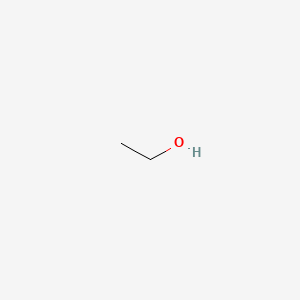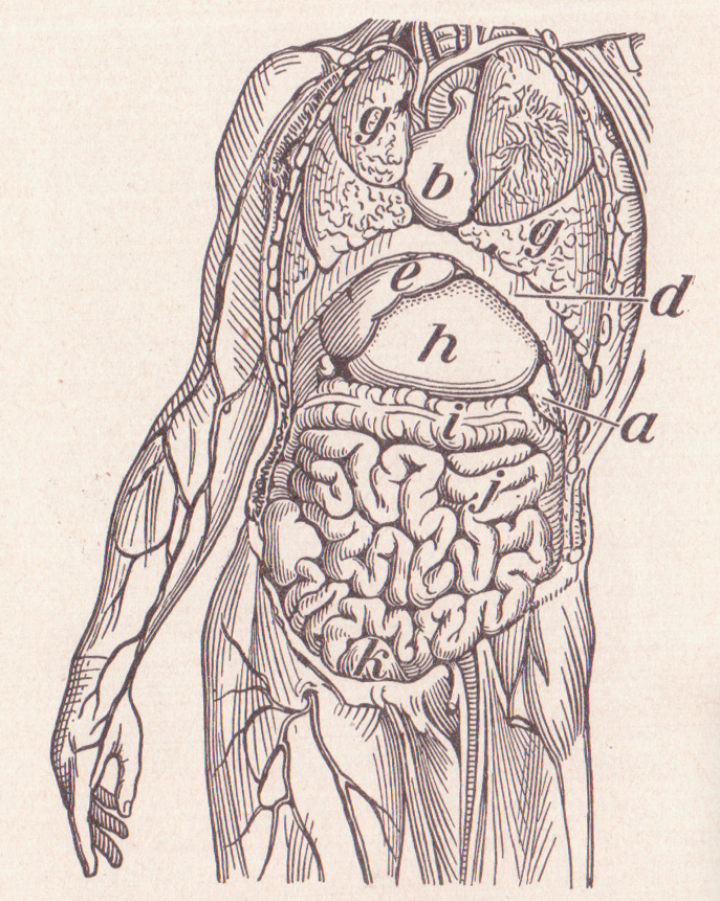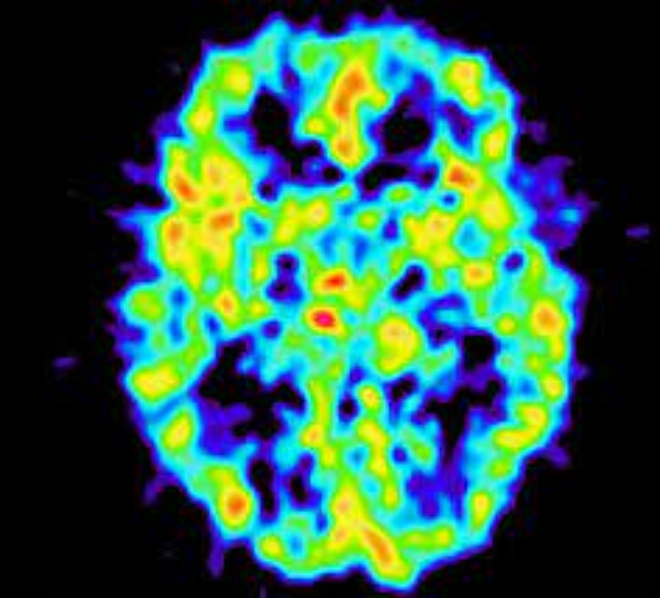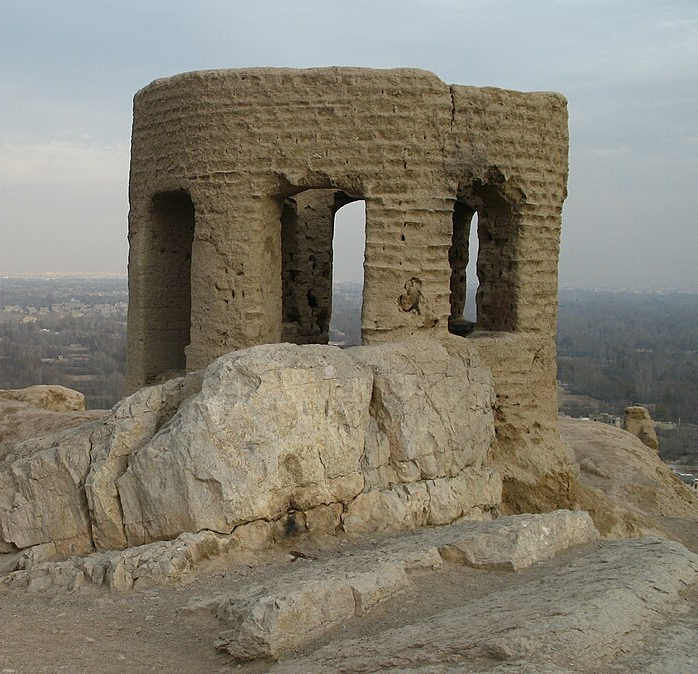|
Name: Alcohol
Type: Depressant
AKA: Booze, beer, wine, spirits, liquor, drink, brew, juice, sauce

|
|
II. Natural Derivative

|

|
|
IV. History
Alcohol, a widely used psychoactive substance, has been consumed for thousands of years. It plays a significant role in many cultures for its social, medicinal, and recreational uses. Its history spans ancient civilizations to modern times, impacting society and culture globally.

|
|
V. Legal Information
Alcohol is legal and widely regulated for consumption in most countries, with age restrictions and laws governing its sale and use. The US has a minimum legal drinking age of 21. Many countries have similar regulations to control consumption and prevent misuse. The World Health Organization (WHO) and other bodies emphasize the need for public health measures to address alcohol-related harm. Trends show ongoing efforts to balance accessibility with harm reduction.
Not Scheduled
Alcohol is not classified under the Controlled Substances Act but is regulated by various laws at the federal, state, and local levels.
Key US Federal Policies:
The National Minimum Drinking Age Act of 1984 required states to raise the legal drinking age to 21 or face a reduction in highway funds. The Alcohol and Tobacco Tax and Trade Bureau (TTB) regulates the alcohol industry at the federal level.
|
|
VI. Physical Effects
Alcohol is a central nervous system depressant that causes sedation and impaired motor function. It acts as a downer, leading to reduced inhibitions and coordination. Short-term use can cause relaxation and euphoria, while long-term use can lead to dependence, liver damage, and cognitive impairment. Overdose risks include respiratory depression and potential death. Safe use involves moderation. Recent research highlights both its social benefits and risks of abuse.  |
|
VII. Psychological Effects
Alcohol affects GABA and glutamate receptors, leading to euphoria, relaxation, and impaired judgment. Immediate effects include mood elevation, reduced anxiety, and impaired motor functions. Long-term use may result in addiction, cognitive impairments, and mood disturbances. Research focuses on its effects on neurotransmitter systems and risks of dependence and mental health issues.
 |
|
VIII. Culture
Alcohol is a widely used psychoactive substance with a significant cultural impact. Its cultural significance is related to its role in social and recreational settings, as well as its potential for abuse and addiction. Media coverage often addresses the social consequences of alcohol use, including health issues and regulatory concerns. Alcohol is used both recreationally and medicinally and contributes to discussions about substance use and public health.
 |
